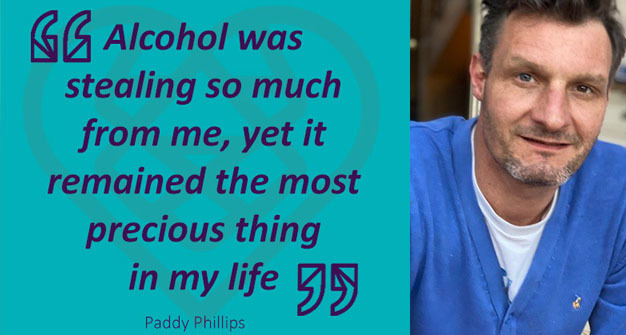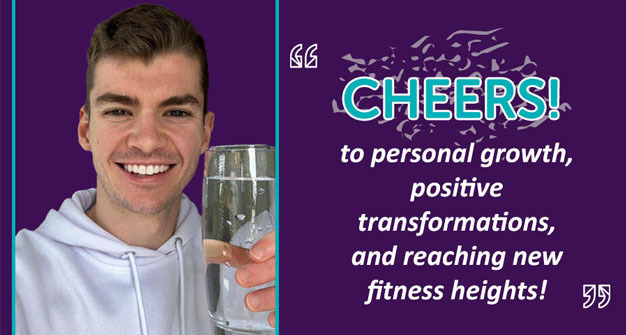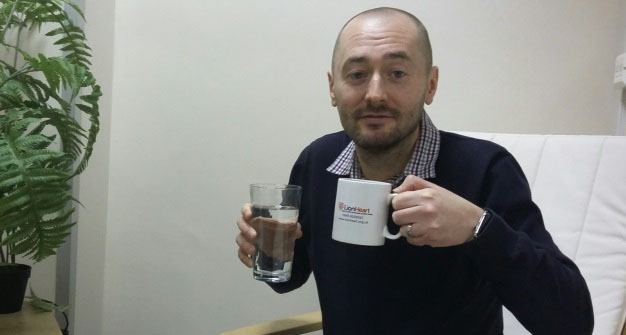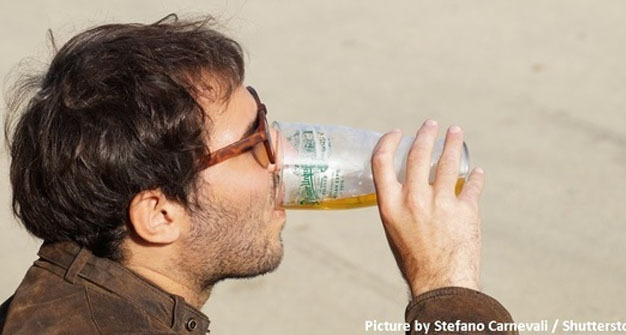
With 1 in 5 UK adults regularly drinking more than the recommended 14 units of alcohol a week, alcohol is very much part of many people’s personal - and professional - lives.
According to a recent national survey, more than a quarter of us want to reduce the amount of alcohol we drink. Yet many surveyors tell us that networking opportunities and business meetings often go hand in hand with drinking so it can sometimes be hard to avoid.
Alcohol misuse is the biggest risk factor for death, ill-health and disability among 15-49 year olds in the UK, and the fifth biggest risk factor across all ages. It’s also a causal factor in more than 60 medical conditions and - if you’re struggling mentally - is much more likely to exacerbate feelings of anxiety and depression than alleviate them.
Many people enjoy a social drink with no problem. But what happens if you want to cut down - and find that you can’t?
If you are worried about your relationship with alcohol, it might be time to talk to a professional about steps you can take. While addiction is a complex issue and there are specialists in this area, LionHeart offers counselling including CBT (cognitive behavioural therapy) that can help people explore their relationship and thoughts around alcohol and other substances. This can help them learn to reframe their thoughts and take steps towards breaking habitual behaviour and addictive cycles.
Find out more about LionHeart counselling here.

You might also be interested in reading the following blogs:
 | |
 | How alcohol almost cost me everything |
 | Celebrating one year alcohol free |
 | What I learnt from Dry January |
 | Do you know how much you’re drinking? |
 | How to help a loved one with an addiction |
 | My dad, the alcoholic |

 | Alcohol almost cost me everything - one of LionHeart's ambassadors shares his story in this webinar previously held as part of Alcohol Awareness Week |


